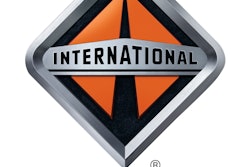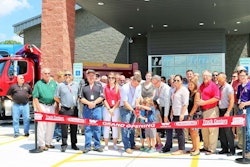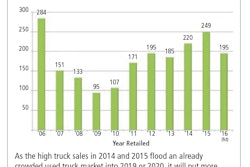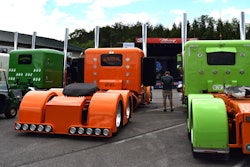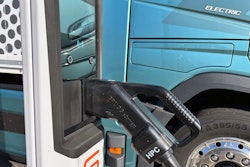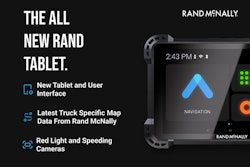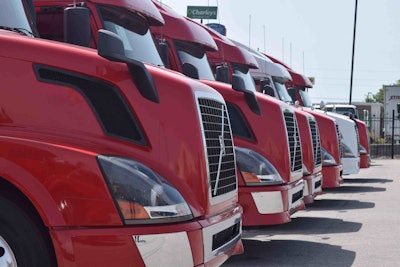
It’s no secret that affording a new tractor has become more unrealistic for owner-operators and many smaller carriers over the past decade. New trucks are “up to $140,000 to $150,000,” says Scott Anderson, Rush Truck Centers senior vice president. Much of the increase has been caused by round after round of new emissions standards, driving up engine costs substantially.
In the recent past, purchase of a below-$100,000 truck often came with a “48-month full payout,” Anderson says. Traditional loan terms were geared to finishing payments before warranties ran out, allowing many buyers to keep maintenance expenses low and maximize their trade-in value.
Now, given the size of monthly payments, he says “60 to 72 months is not unusual.” Even 84 months is not uncommon, particularly with owner-operators, says Troy Dickens, general manager of Rush Truck Centers’ location in Nashville, Tenn.
For a borrower with decent credit, a note at 7 percent interest, with zero down, for 60 months would require a $2,558 monthly payment. Not so long ago, an $80,000 truck under the same terms could be paid off in one less year for just $1,916 a month.
This shift in affordability has made leasing or lease-purchasing a growing alternative. Most owner-operators exercising this option favor the latter for the right of ownership it grants, with asset equity at the lease’s end. The considerations in evaluating any purchase/lease decision range from the total cost over the deal’s terms, the source, tax implications and individual long-term business needs.
Most owner-operator new-truck customers stick with tried-and-true purchase loan financing. Anderson estimates 80 percent of owner-operators leave Rush Truck Centers locations with a purchase agreement rather than a lease.

